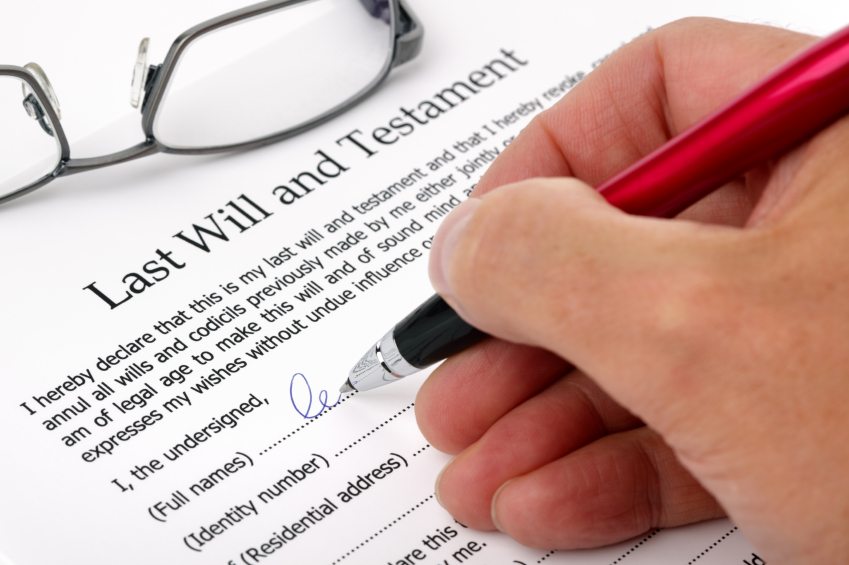
In the latest post in our FAQ series, we answer a first-time buyer’s questions on stamp duty in the UK.
Q: I am a first-time buyer looking to purchase a house for £130,000 but with the new stamp duty reforms I am concerned that I can no longer afford a property in that price range as the stamp duty seems to have risen to 2%. Is that right?
A: Thank you for your query. Yes the stamp duty land tax has had a bit of a shake-up but it is generally to buyers’ benefit, especially for first time buyers where the purchase price is close to the threshold of a higher stamp duty rate. The new stamp duty thresholds are as follows:
0% up to £125,000
2% on £125,001 - £250,000
5% on £250,001 - £925,000
10% on £925,001 to £1.5 million
12% over £1.5 millionMore...

The next instalment in our FAQ series sees us advise a recently separated landlord who wishes to take residence in their property, which has a buy-to-let mortgage.
Q. My partner and I have separated and I need to move back into my old property, which is currently tenanted. The property has a buy-to-let mortgage and I plan on moving back in once the tenants vacate. What will happen to the mortgage?
A. You will need to review the terms of your buy-to-let mortgage carefully, as it is likely you will be in breach of your mortgage conditions if you occupy the property.
In the first instance, speak with your mortgage lender and try to come to an agreement that you may live in the property. The lender’s decision will be based on whether your income is sufficient to meet their lending criteria, as previously, the lender would have taken into consideration the monthly rental income when deciding how much to lend. The mortgage lender will now consider your annual income to see if you can continue to make your repayments.More...

Arranging detailed wills is very common for us, but lots of people have very specific instructions regarding the distribution of assets. Here’s a question regarding how inheritance can be protected:
Q: I love my daughter and want her to benefit from my estate when I pass on, but I don’t want her partner to receive a penny off me. Is it possible to ensure that her partner doesn’t get his hands on any of my daughter’s inheritance even if they are married by the time I pop off? Is her spouse entitled to inheritance or is there a way of protecting inheritance from a spouse?
A: There are several ways that you can protect your estate from your daughter’s partner. For example, in your will you could leave your estate in trust for your daughter so that she is only entitled to the income.
If you decide to go down the route of a trust, it should state who will benefit on your daughter's death. This could be any children she may have and also needs to cover the situation should she die without leaving any children. Make sure that the trust has another beneficiary apart from your daughter, so that it can be shown that the trust is not only for the benefit of your daughter. More...

In our FAQ series we look at the very common problem of people who have leaseholds that are running out.
Q: We have bought a leasehold house but have read that we may struggle to re-mortgage the property as there is only about 70 years left on the lease. Should we think about buying the freehold?
A: Yes, what you have read is correct and most major lenders will insist on there being at least 65 years left on the lease. This is so that they can ensure that there is sufficient security in the property before they lend against it.
The longer you leave the lease to run down, the more expensive the freehold will become; so the sooner you purchase it, the better it will be for you. Under the Leasehold Reform Act you have the right to buy the freehold as long as you have owned the property for two years at the time of making your claim. More...

The next question that Howells solicitors will be answering in our FAQ series, regards the rights to your property when having a partner move in with you.
Q: Several years ago my husband died and left me with the family home which is now mortgage-free. In the last year I have met someone else and we are talking about living together.
I’ve been warned that I should get something legally written up to protect me from losing my house if things don’t work out between us. Is my partner entitled to half my house, what do I need to do in this situation?
A: How you should proceed here depends on the relationship progression. If you do not get married and keep the house in your name then you won’t need to do anything as he will have no legal rights to your home. However, if you transfer the property into joint names or if you take out a joints mortgage to make improvements then things can become more complicated. More...
